METALLICA DRUMMER LARS ULRICH SAYS THE BAND IS GEARING UP FOR “A PRETTY IN-YOUR-FACE YEAR”
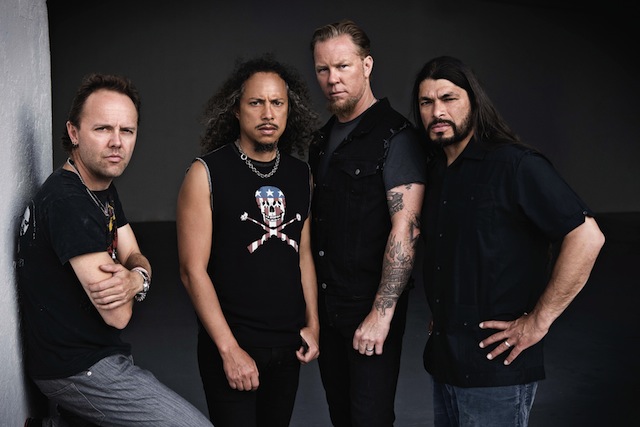
Other than the pre-Super Bowl show last month, Metallica have been lying low so far this year. Nevertheless, they’re anticipating a very busy 2016. Although they have no tour dates on the books as of right now, Lars Ulrich tells Kory Grow of Rolling Stone that will change once they get past one big hurdle. […]
ORIGINAL UFO BASSIST, PETE WAY, REMINISCENCES ABOUT THE TIME BAND RECORDED WITH BEATLES PRODUCER GEORGE MARTIN, WHO PASSED AWAY TWO DAYS AGO
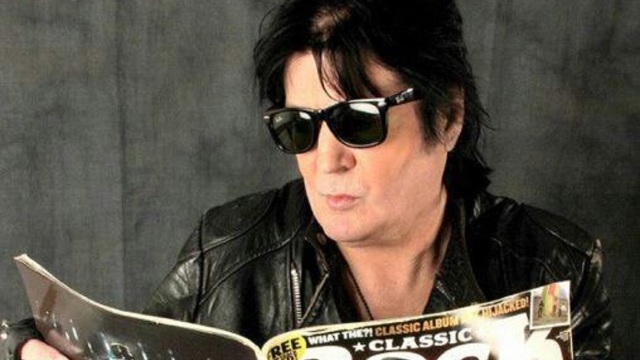
Former UFO bass player Pete Way has looked back on the recording of his band’s album No Place To Run, made during a sun-soaked two months in 1980 at AIR Studios Monserrat with George Martin, the producer of The Beatles, who died on Tuesday. “George was a really nice guy,” he says, “and getting to […]
JUDAS PRIEST STREAM “METAL GODS” AND “BREAKING THE LAW” FROM “BATTLE CRY”
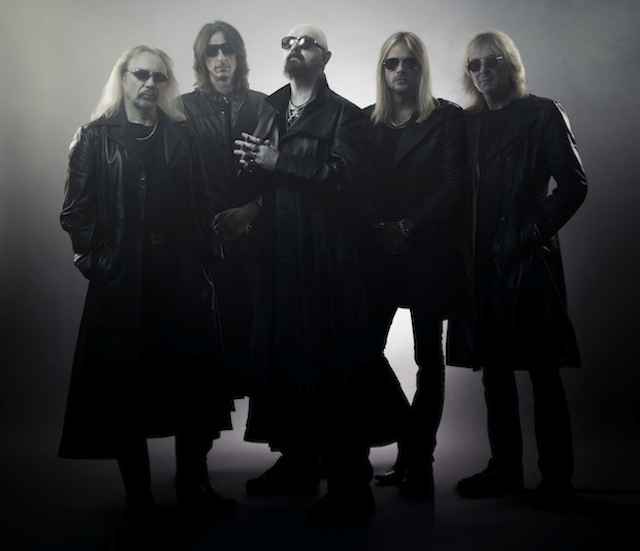
Judas Priest have released live video versions of Metal Gods and Breaking The Law from the band’s forthcoming Battle Cry film, recorded at the Wacken Open Air festival in Germany last August on the Redeemer Of Souls tour. The set is available as a 15-track live CD or a 17-track DVD/Blu-ray, accompanied by three bonus […]
GREAT WHITE GUITARIST MARK KENDALL CLAIMS THE “OFFICIAL” VERSION OF THE BAND WAS NOT PLAYING THE NIGHT OF THE STATION FIRE IN RHODE ISLAND
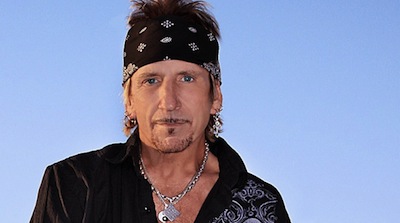
Ethan Sacks of the New York Daily News reports: A wildly differing account of the deadly 2003 Rhode Island nightclub fire has flared up long-simmering tensions among the former members of Great White. Original guitarist Mark Kendall, performing at the time of the fire that left 100 dead, told TMZ Tuesday that the band that […]
AC/DC’S BRIAN JOHNSON SAID RACING CARS WERE TO BLAME FOR HEARING LOSS, NOT MUSIC
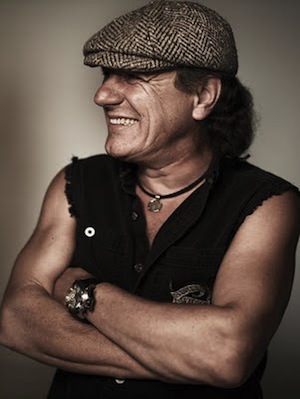
AC/DC frontman Brian Johnson has been openly discussing his hearing loss since at least 2014, when he told Howard Stern that rock n’ roll wasn’t entirely to blame. “I’ve obviously had some hearing loss,” Johnson told Stern. “I’ve got hearing loss in me left ear. I didn’t get it from music. I got it from […]
RUSH GUITARIST DISCUSSES THE BAND’S NEBULOUS FUTURE
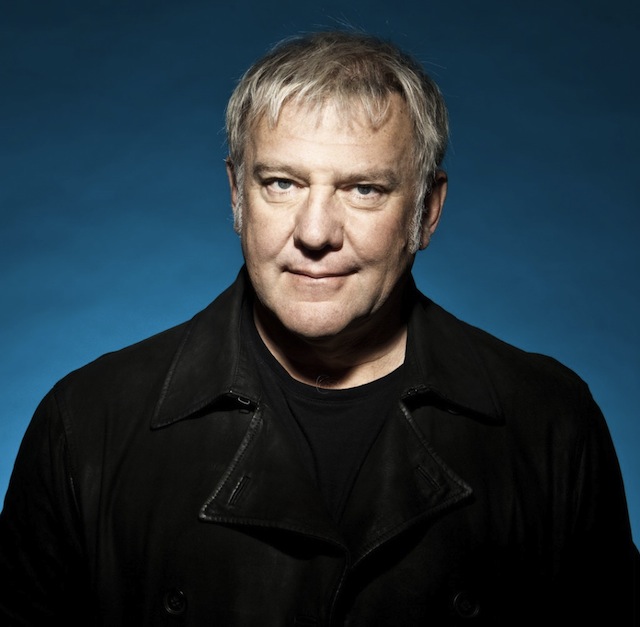
Kory Grow of Rolling Stone reports: When Rush wrapped their R40 tour last summer, the group issued a press release stating that the jaunt would “most likely be their last major tour of this magnitude.” Drummer Neil Peart had been ambivalent about hitting the road for a long trek as early as January 2015, saying […]
